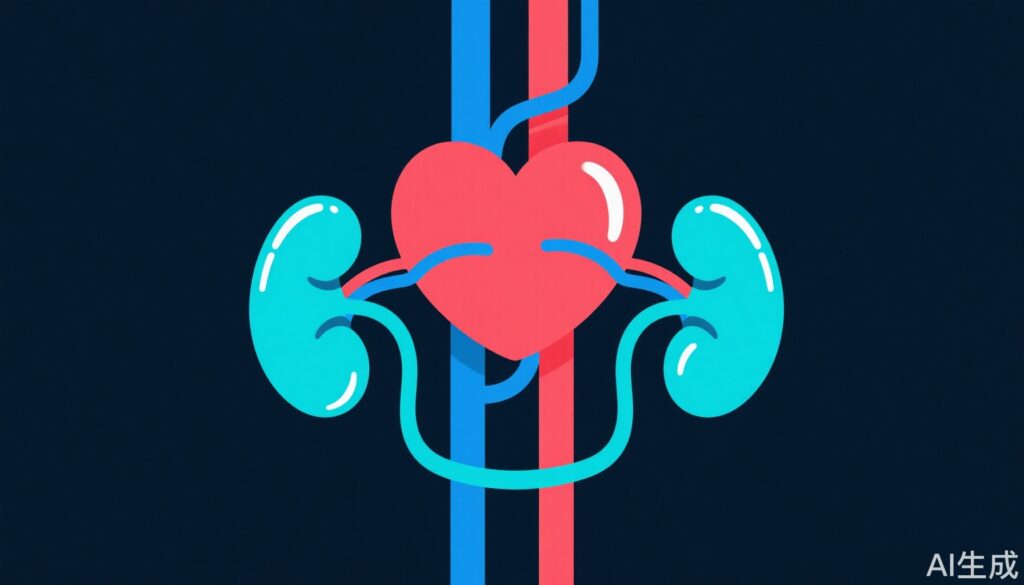Sudden cardiac arrest (SCA) poses a severe health risk, especially among younger individuals, often leading to fatal outcomes. While the causes of SCA are multifactorial, a growing body of research is focusing on identifying predictive markers and risk factors. Recent findings highlight proteinuria—a condition characterized by excess protein in urine—as a potential indicator of heightened SCA risk in young adults.

Understanding Sudden Cardiac Arrest
SCA occurs when the heart abruptly stops pumping blood due to electrical dysfunction. Unlike a heart attack, which involves obstruction in blood flow to the heart muscle, SCA stems from irregularities in the heart’s rhythm. Identifying predictors for SCA is crucial for preventive strategies, especially in younger populations where traditional cardiovascular risk factors might not be evident.
Proteinuria: A Marker of Concern
Proteinuria has long been associated with cardiovascular risk, yet its specific relationship with SCA in younger demographics has remained unclear. A recent study published in the Journal of the American Heart Association (JAHA) addressed this gap by exploring the link between proteinuria and SCA among individuals aged 20 to 39.
The Study Design
The research utilized data from a large cohort of 6,891,400 young adults who underwent health screenings in South Korea between 2009 and 2012. Urine protein levels were assessed using dipstick tests, with participants monitored until the end of 2020. SCA incidents were identified using the International Classification of Diseases, Tenth Revision (ICD-10).
Key Findings
Over an average follow-up period of 9.4 years, the study recorded 5,352 cases of SCA, representing 0.08% of the cohort. Notably, individuals with proteinuria demonstrated a significantly higher incidence of SCA compared to those without proteinuria. Adjusted models revealed a hazard ratio of 1.71, indicating a 71% increased risk of SCA among proteinuria patients. Furthermore, the severity of proteinuria correlated with escalated risk, with the most severe cases showing a hazard ratio of 2.94.
Implications for Chronic Kidney Disease
The study also noted that the relationship between proteinuria and SCA was amplified in individuals with advanced chronic kidney disease (CKD). This finding underscores the interconnectedness of renal and cardiovascular health and the importance of monitoring proteinuria as part of CKD management strategies.
Conclusion
The association between proteinuria and SCA risk in young adults underscores the need for heightened awareness and early detection. Routine health screenings that include urine protein tests could play a pivotal role in identifying at-risk individuals, enabling timely interventions to mitigate SCA risk. These findings pave the way for further research into the mechanisms underlying this relationship and the development of targeted preventive measures.
Reference
Joo Hee Jeong,et al.Proteinuria Is Associated With an Increased Risk of Sudden Cardiac Arrest in the Young Population.JAHA.2025.https://www.ahajournals.org/doi/10.1161/JAHA.124.036077



